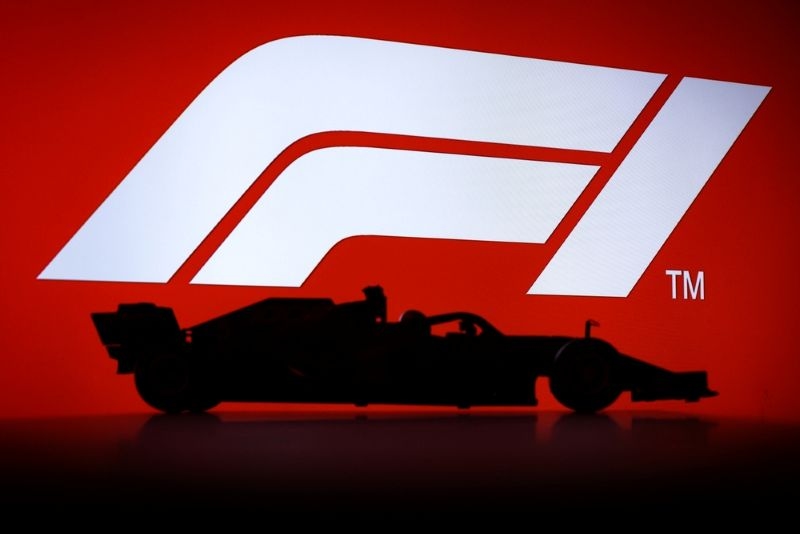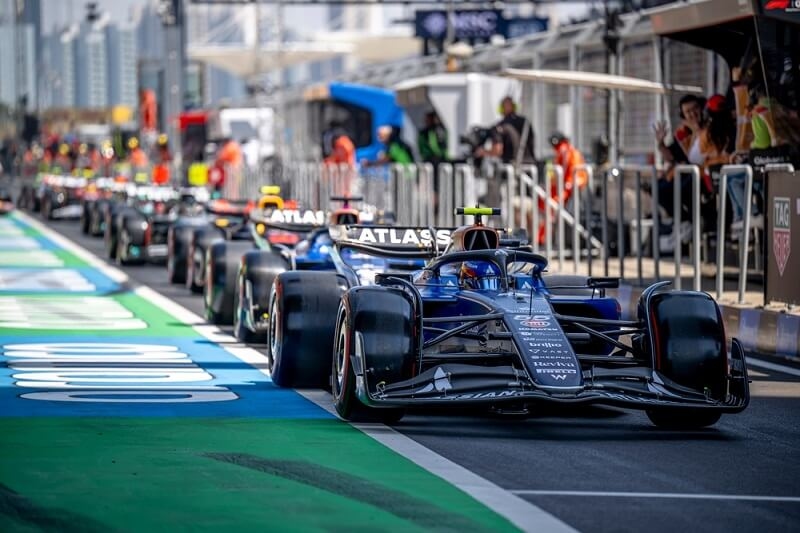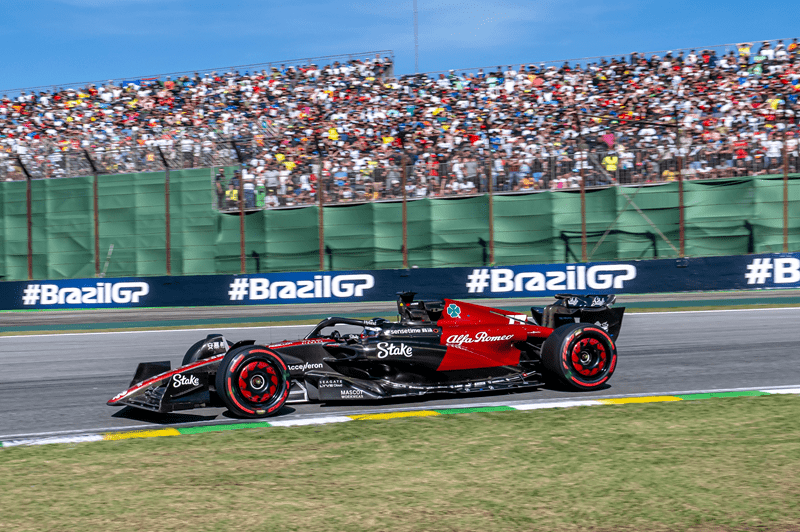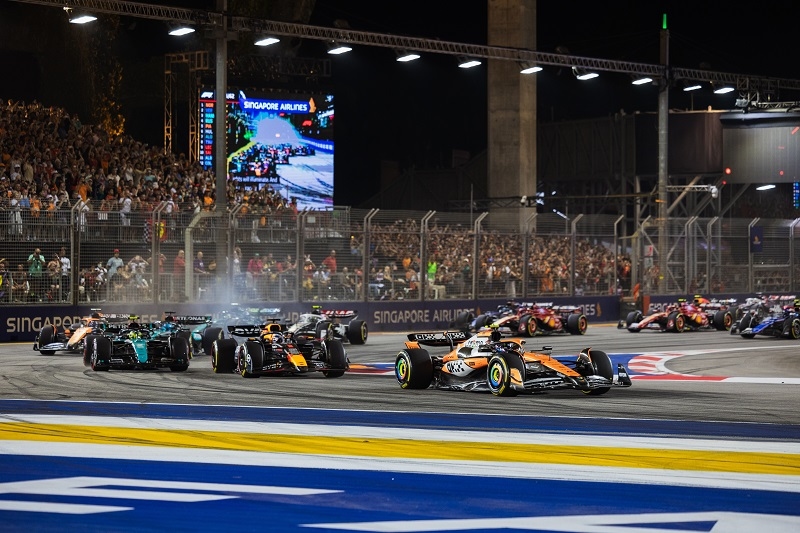F1 Slashes Las Vegas Prix Fees After Backlash From Clubs

Formula One has always been synonymous with glamour, speed, and extravagance. Its annual calendar is dotted with races in some of the most iconic locations around the world: the glittering harbor of Monaco, the historic streets of Baku, the dazzling night-lights of Singapore. And, in a move that seemed to fit the bill perfectly, the entertainment capital of the world Las Vegas was added to the roster.
However, the path to the Las Vegas Grand Prix 2023 has not been as smooth as the F1 organizers might have hoped. Just as the engines are warming up for what is expected to be one of the most thrilling races of the 2023 season from November 16-18, local clubs and restaurants raised concerns over the hefty fees imposed by the Formula One Management. Heres a dive into the tumultuous turn of events that led to Formula One dramatically slashing the Grand Prix fees.
The Announcement: High Hopes and Higher Stakes
The announcement of the Las Vegas Grand Prix was met with a combination of exhilaration and trepidation. The race is expected to bring nearly $1 Billion to Las Vegas. While F1 enthusiasts looked forward to a race amidst the iconic Strip, local businesses were wary. The race circuit, looping around some of the most visited parts of Las Vegas, meant that clubs, restaurants, and other attractions would be directly impacted.
Formula One races are colossal events. They not only attract global audiences on TV but also see thousands flocking to the host city. In most cases, this influx of tourists translates to good business for local establishments. However, the steep fees imposed on businesses around the circuit proved to be a sore point in Las Vegas. Club and restaurant owners argued that the high fees would effectively eat into their potential profits. Given that they were already anticipating disruptions due to road closures and heightened security, the additional financial burden seemed unfair.
The Negotiations: Striking a Middle Ground
Amid growing discontent, representatives from the aggrieved businesses and Formula One Management came to the negotiation table. The crux of the discussions revolved around finding a middle ground where the event could proceed without unfairly burdening the local establishments. It became evident that for the Grand Prix to be a success, Formula One would need the support and cooperation of these businesses. The atmosphere, the fan zones, and the overall vibrancy of the race weekend rely heavily on the surroundings, making it imperative for clubs and restaurants to be active participants in the event rather than sidelined stakeholders.
Understanding the concerns of the local businesses, and in a move that showcased adaptability, Formula One took the unprecedented step of slashing the fees for the Las Vegas Grand Prix 2023 even though there has been a rise in set-up costs. The venues have to pay around $50,000 each instead of the anticipated $3 Million. This decision was met with widespread appreciation, ensuring that the Grand Prix weekend would not just be a sporting spectacle but also a thriving time for the city's businesses.
The Road Ahead: Setting a Precedent for Future Races?
The Las Vegas fee fiasco has opened up a broader conversation about the relationship between Formula One and local establishments in host cities. While the sport brings global attention and tourists, it is crucial to ensure that local businesses are not unfairly burdened. This incident might set a precedent for future races, compelling Formula One Management to consider the economic implications for local establishments when determining fees and other arrangements.
A New Chapter in Collaboration
The Las Vegas Grand Prix situation has shed light on an essential aspect of hosting grand global events the essence of collaboration. Every major event, be it sporting or cultural, brings together different entities, each with its interests, investments, and concerns. The success of such events hinges not only on the spectacle they promise but also on how well these interests are aligned. Formula One is not merely about the cars racing on the track; it's an ecosystem. The teams, drivers, organizers, fans, and, yes, the local businesses all play a crucial role in making a Grand Prix weekend special. What the Las Vegas episode underscores is that this ecosystem is delicate, and its balance must be maintained for the collective benefit.
Las Vegas: A Testimony to Adaptability
The city of Las Vegas, known for its resilience and adaptability, mirrors the recent steps taken by Formula One Management. Just as the city has reinvented itself multiple times over the decades, adjusting to changing global scenarios, F1 too has shown that it can be nimble and responsive to concerns, even if they emerge at the eleventh hour. Other global sporting franchises can take a leaf out of this chapter from Formula One's book. As sports aim to become global phenomena, crossing borders and cultures, they will invariably interact with diverse stakeholders. Recognizing the needs of these local stakeholders, even if they seem peripheral to the main event, will be crucial in ensuring the long-term success and acceptance of these sporting spectacles. The Las Vegas Grand Prix could shape F1's future policies.
This content was created by AI




